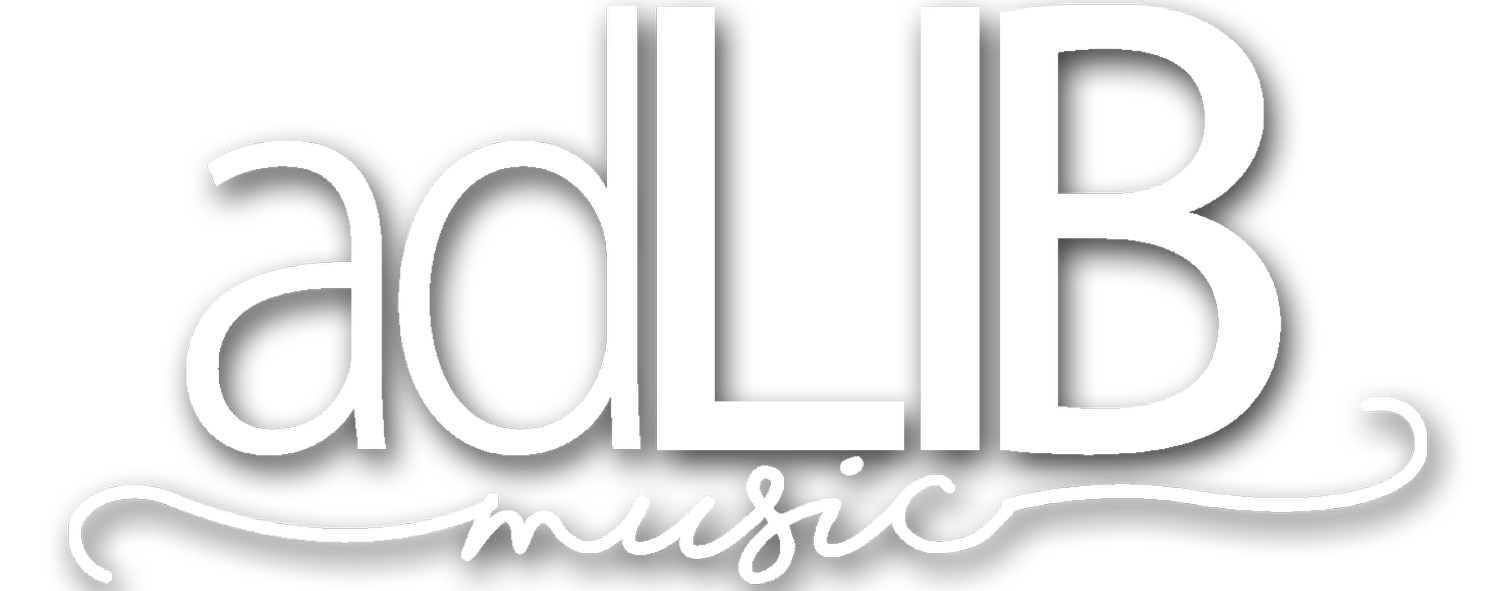52 Worship Training Events
When you went to your worship team rehearsal this week, what skill did you plan on working on with your team? Did you only learn the songs, or did you learn how to play music together?
I ask because it’s the perfect lab for growth really: Two hours, five songs, and six (or three!) musicians PLUS the desire to learn. Add a smidge of intentionality, and BAM! you’ve got a mini-seminar. And you can have 52 of them every year…at YOUR church with YOUR people! And it’s stinkin’ free!
Or you can just get the songs learned for this Sunday. (bleh!)
Sure, your team might accidentally get a tad better (or they might stay relatively the same for the next year). Look behind you to see how far (or short) you’ve come. Do you have the same nagging musical irritations over and over?
How do you make this shift?
Simply one small step at a time. Hey, this is the real world. You may be struggling just to put your song list together, or you may be doing all you feel you can do to show up and strap on your bass, let alone prepare.
So this challenge is going out to worship leaders and to team members…since you’re each responsible for doubling your talents. Seriously (don’t get Matthew twenty-fived). God gave the talents to you to manage. And let me ask you this: If you were managing someone else’s talents the way you’re managing your own, would you fire yourself? (thank you, Dave Ramsey)
So here’s the challenge: Choose one skill to work on in one song for this week.
Relax and play what you know for the others, but intentionally focus and stretch in this one song. Consider doing it first, so it has the potential of influencing all the other songs.
Skills? What skills?
What skills can you work on? Dynamics, listening, groove, steady tempo, build, tuning, blend, accents, different styles, listening (you’re right, I did already say that), playing in fractions, memorization, improvisation, listening (yep), modern sound, you get the idea. Here are some samples:
Work dynamics with 10,000 Reasons – play the chorus super loud, the verses super quiet, and use the musical interludes at the end of each to set up the next section.
Take a familiar song, like Our God, and play it once together, once with just the bass and drums (having the piano and guitars listen), then once with just the piano and guitars playing (having the bass and drums listen), and then all together. Then talk about what each of them heard.
Get the metronome out (oh boy), and play Build My Life at the typical 71 BPM. Then at 87 BPM. Then at 107 BPM. Or take a song you always do at 90 BPM and try doing it at 83 BPM.
Use a remade hymn, like Jesus Paid It All and have all the singers circle up tightly and sing it without mics to focus on blending and owning the words.
Use a song born from the river (Bethel, IHOP, Life Center…O Taste And See, My Soul Longs for You, Faithful) and “plan” for spontaneous improvisation at the end of the song. Have a different member of the band pick the chord progression to use.
The bottom line is this: If your only growth plan is Ad Lib Music’s Rehearsal Coaching (which is excellent) or going to seminars and conferences (which are fantastic), you’re missing the biggest opportunity for growth. Really.
-Dave Helmuth
(purchase my book, "Worship Fertilizer: (the first hundred)" HERE)
52 Worship Training Events(Nº 28)

